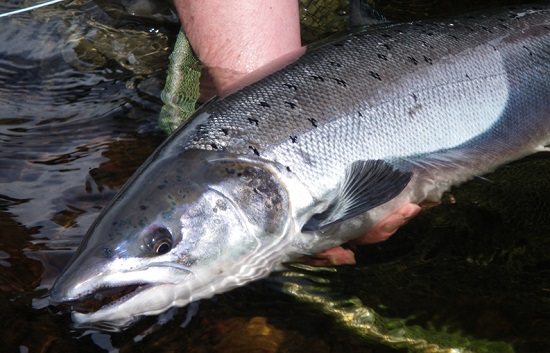
Campaigns
More Action Needed to Prevent Scottish Salmon Farms Impact on Wild Atlantic Salmon
The Missing Salmon Alliance members today published updated guidance on the need for the urgent implementation of a new system of regulation for fish farms in Scotland.
Salmon farms in Scotland are having a devastating impact on important ecosystems around the west coast of Scotland and, if not managed properly, they pose a major threat to our wild Atlantic salmon. The members of the Missing Salmon Alliance, including the Angling Trust, are calling for tighter regulations of the sector.
Regulation must include:
The clear identification of a Scottish public authority with the statutory function of protecting wild fish from the negative interactions of salmon farming.
The introduction of an effective, robust and enforceable regulatory system for all salmon farms, to protect wild migratory fish and proactively address all and any negative impacts associated with salmon aquaculture, including much stricter ‘backstop’ limits for on-farm sea lice numbers, coupled with independent monitoring and strict enforcement in the event of breaches, to curtail the damage being caused to wild salmon and sea trout by salmon farming. The ‘backstop’ limits should be set at an average of 0.5 adult female lice per farmed fish on any particular farm, with the limit dropping to 0.1 during wild smolt emigration between February and June, but this would not prevent adaptive management requiring lower lice levels on particular farms if that was required.
A genuinely precautionary approach to the licensing and permitting of any new salmon farms or expansion of existing farms.
A review of the permitted biomass and location of all existing salmon farms as against their environmental impact, with a mechanism to compel reductions in biomass and relocation where appropriate.
Full transparency on the environmental impact of fish farming, including the ‘real time’ publication of on- farm sea-lice, escapes of farmed fish, use of all treatment chemicals (whether on-farm or in well boats), farmed fish mortalities and disease information.
A requirement that no salmon farming development be permitted without the prior completion of a rigorous independent cost benefit analysis of the potential impact on coastal communities, including the impact on existing local businesses and ecosystem services.
Any adaptive management of fish farms, to be based on monitoring of wild fish, must be robust, independent, transparent and open to public scrutiny, with clear thresholds and deadlines for rapid action on-farm where problems are identified or suspected, and an appropriate regulator charged with enforcement of such management measures.
NOTES
The Missing Salmon Alliance (MSA) is fighting to reverse the devastating collapse in wild salmon around the UK. By combining expertise, coordinating activities and advocating effective management solutions we can help the wild Atlantic salmon survive and thrive in our rivers and seas for the next generation.
The MSA is comprised of the following members:
Salmon & Trout Conservation, Game & Wildlife Conservation Trust, Atlantic Salmon Trust, and the Angling Trust with Fish Legal.
You might also like
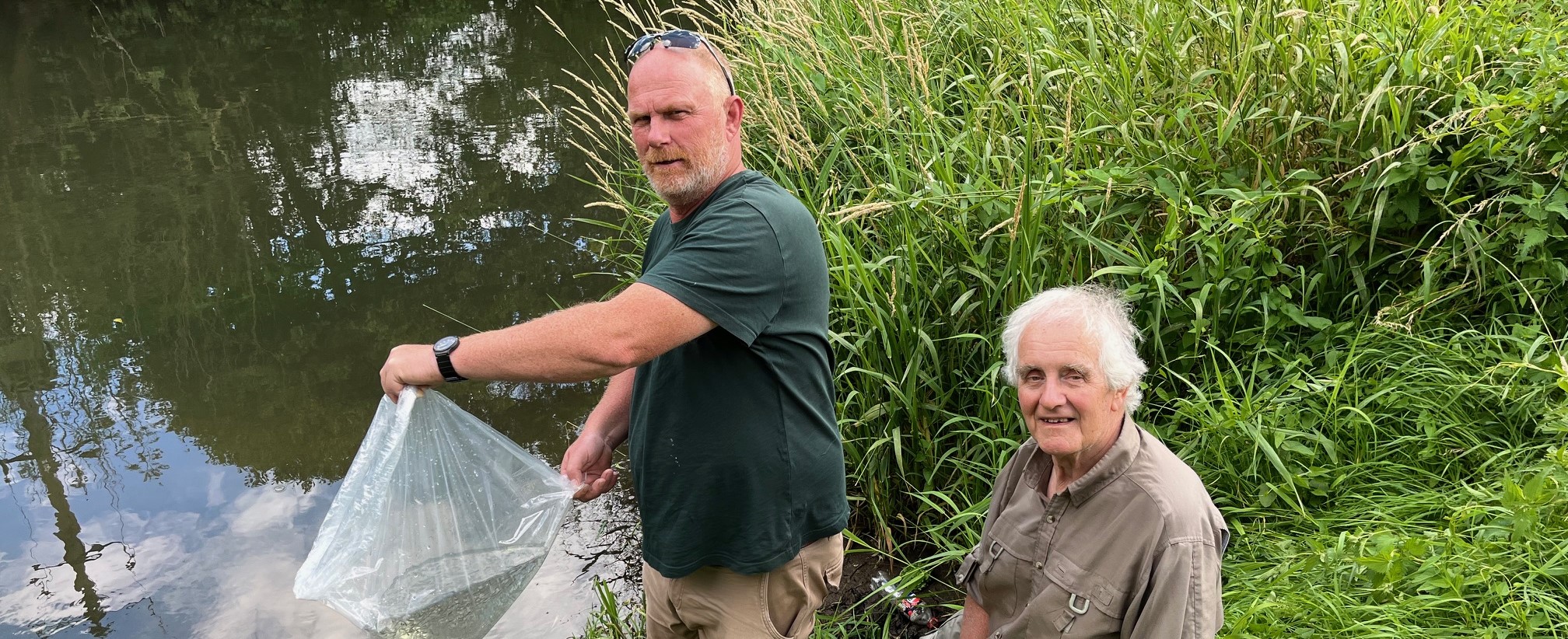
New Kennet Hatchery Releases First Reared Fish
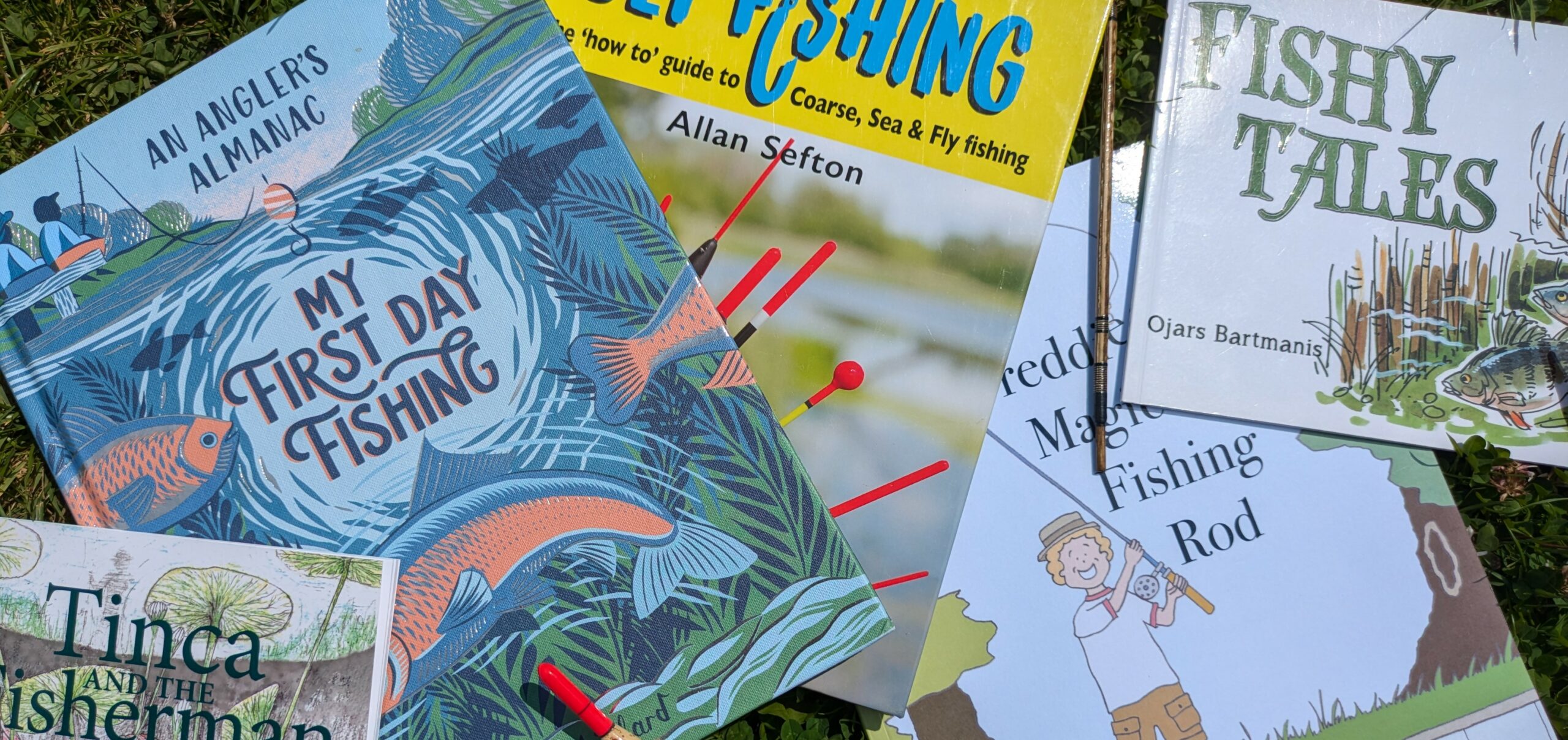
Fishing Books for Kids

UK Recreational Catch-and-Release Bluefin Tuna: A step closer to…
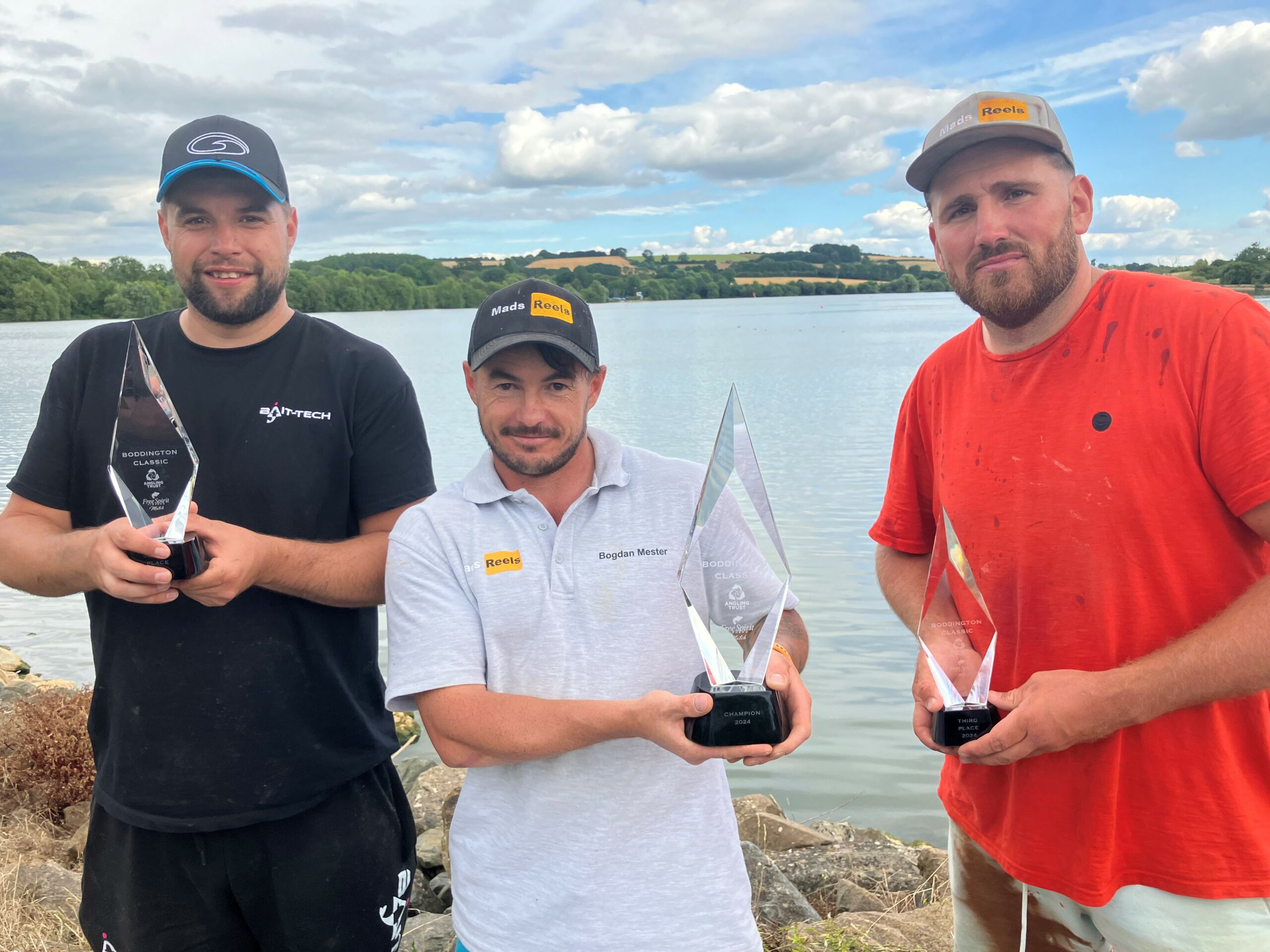
MESTER THE MASTER AT FREE SPIRIT MATCH BODDINGTON CLASSIC…
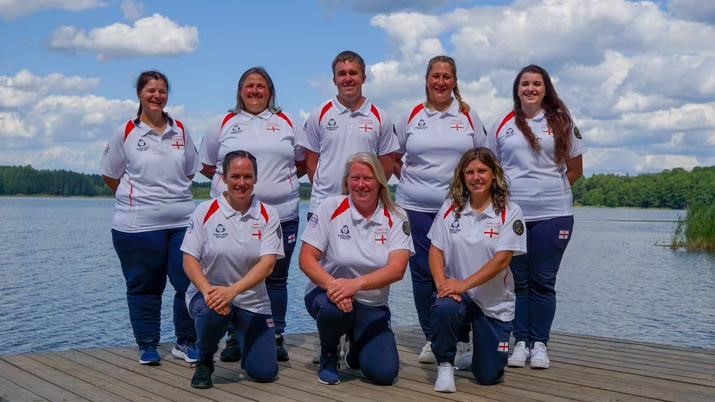
ENGLAND LADIES CARP TEAM MISS MEDAL ON TOUGH LATVIAN…

Angling Trust urges government to go further and faster…
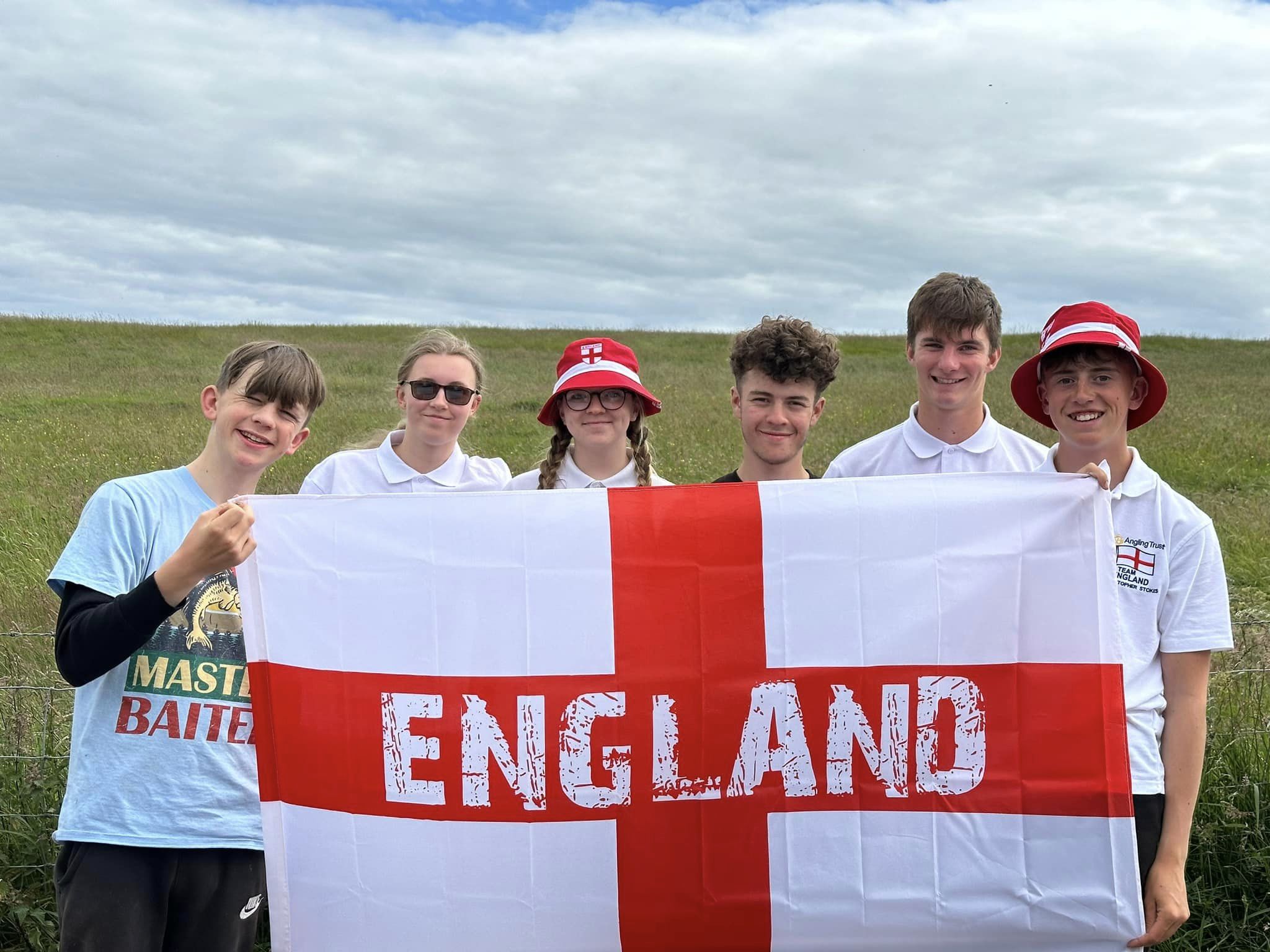
ENGLAND YOUNG GUNS LEAD THE WAY IN HOME NATIONS…
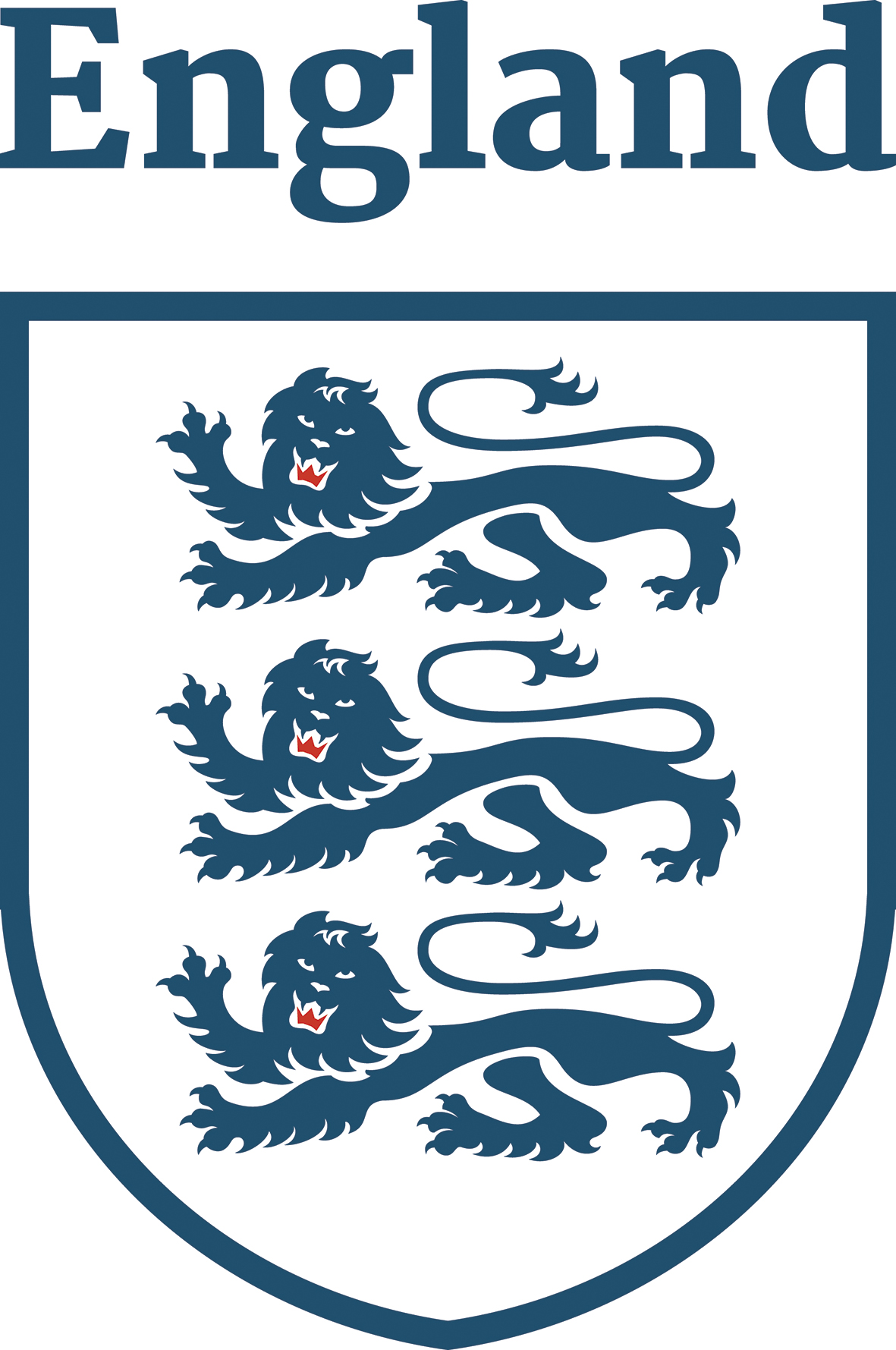
AMAZING ENGLAND COMEBACK SECURES EURO CHAMPS BRONZE

ELLIOT BAGS THIRD NATIONAL WIN AT MARSTON!

PATIENT APPROACH WIN WOMEN’S NATIONAL FOR LEANNE!
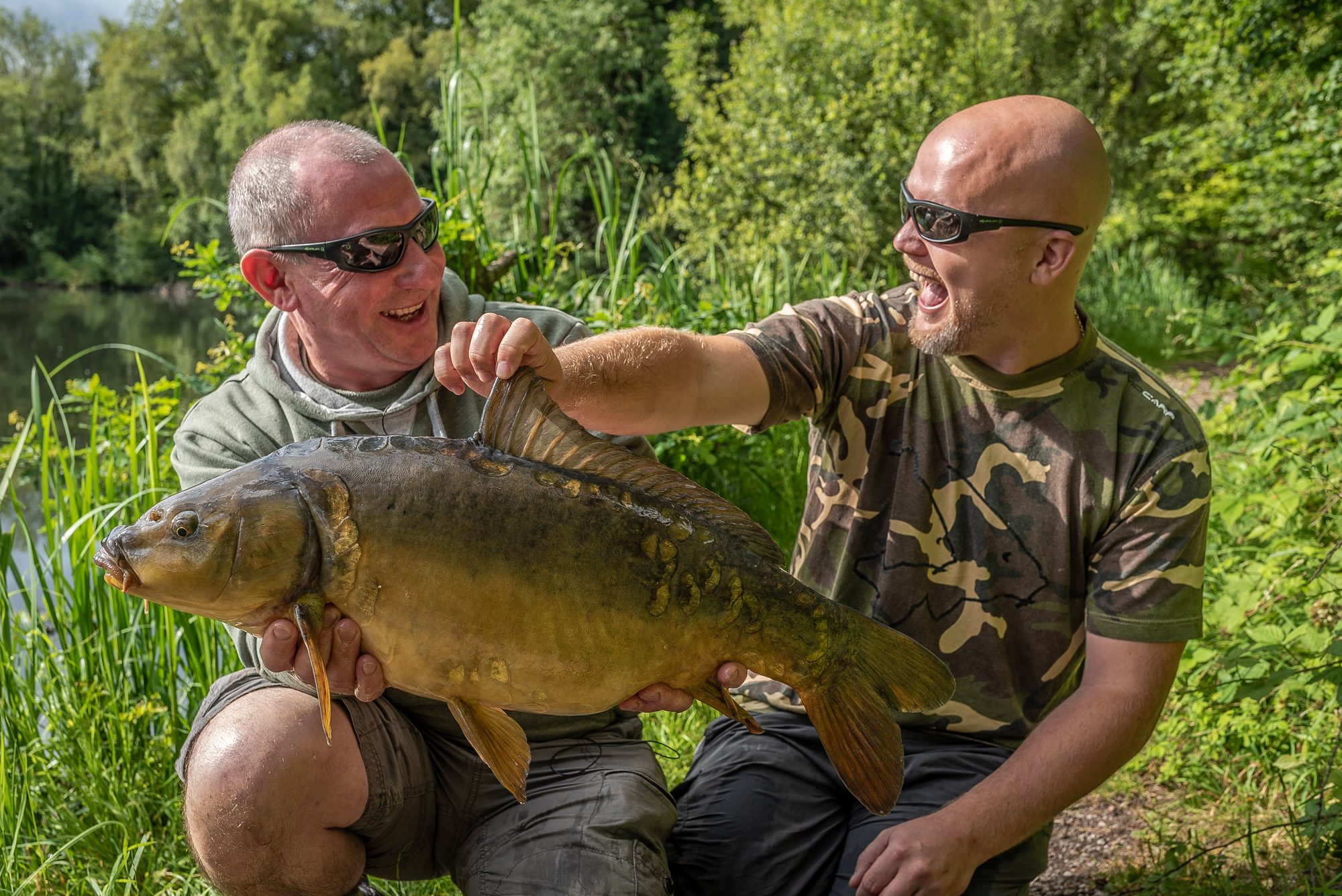
Take a Friend Fishing
27th July to 1st September…









